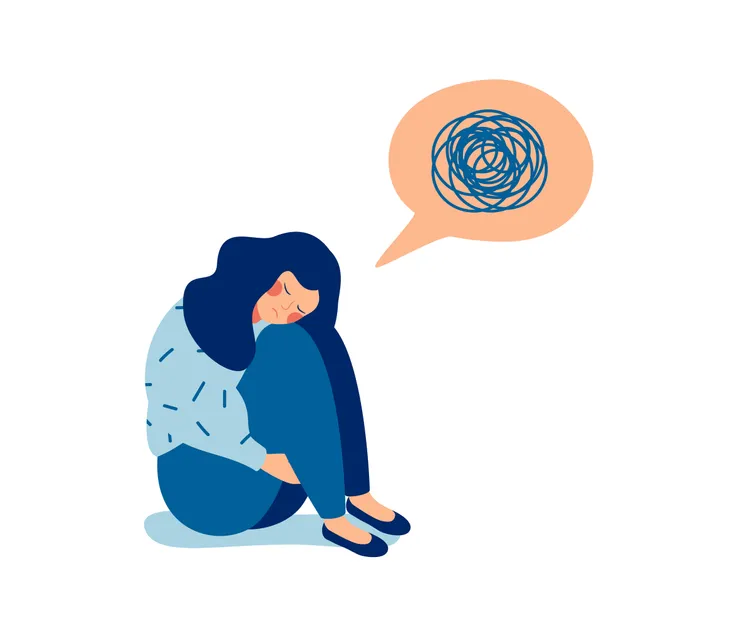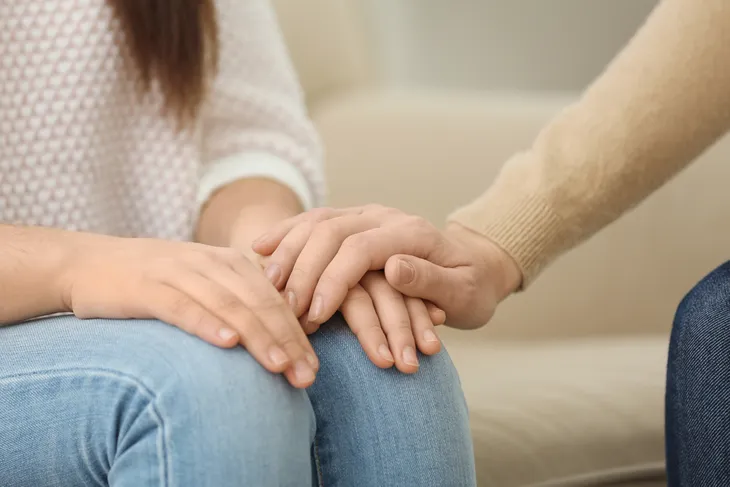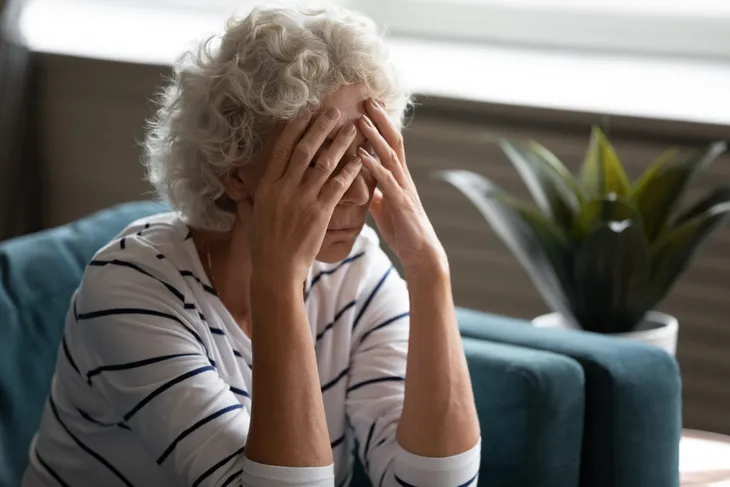Even the sunniest people among us feel sad once in a while—whether there has been a specific trigger like ending a relationship, or no real trigger other than a bout of melancholy. Either way, feeling sad is a normal emotion that many people try to push down because it’s sometimes associated with emotional weakness.
However, it’s important to distinguish sadness from depression. Sadness is temporary, while depression is a chronic feeling of hopelessness that requires medical attention as it can be debilitating. Here are six reasons why it’s okay (and maybe even healthy) to feel sad for short periods of time…
Sadness Builds Emotional Maturity
A 2009 article from the U.K.’s Telegraph notes that sadness can actually be good for us in certain ways. For instance, feeling sad can help us mature emotionally. Sadness can also build a kind of shield that helps us learn to cope with future disappointments.
The Telegraph article says that the problem is today’s society tends to jump to medication as a solution to sadness, without riding out the storm (i.e., losing a job or a breakup). “A growing number of mental health experts fear the increasing tendency to take a pill to beat the blues could actually affect human evolution,” notes the article. Sadness also helps us learn from our mistakes, it adds.
Sadness Provides Life Reflection
A 2014 Elite Daily article eloquently put it like this: there’s something about feeling melancholy that actually feels good. If you’re sitting inside on a rainy day and feeling alone, putting on “blue” music or shuffling through old photos can engage our nostalgia and bring back happy times and places.
Reflection on the past will help fill up the void you’re feeling—and going back to listening to sad music as a distraction, this can lead to benefits such as regulating negative moods and emotions, as well as offering consolation.
 fizkes / Shutterstock
fizkes / ShutterstockSadness Draws the Attention You Need
When you’re not yourself or feeling down, it may prompt those around you to offer help or give you space without you having to ask for it. Elite Daily notes that this can give us a form of validation, as if our sadness is warranted and we have a right to it (which we do).
The article also notes that the concern from others is scaled to the amount of sadness you’re exuding. This can be problematic for those who are really just acting sad to get the attention of others.
Sadness Helps Release Unhealthy Feelings
Many people view crying as embarrassing, but what your body is really doing is naturally reacting to a sad event in a healthy way, according to Everyday Health. Letting the tears roll down is a normal way to release stress, pain, and anger.
Crying can act as a “purging” or “purification” of your feelings through emotional release. The Everyday Health article likens it to a “safety valve” that lets out emotions that have built up too much. So instead of holding back tears, let them out. Do it behind a closed door if you need to.
We Learn Empathy from Sadness
Feeling sad when someone shares a sad tale can trigger an emotional response in you. When you think about it, this can actually help the person deal with their own emotions because you’re being empathetic towards them, giving them an outlet.
This is true for children in a playground, who learn to lend a hand to those in need—for example, if a child that falls off a swing and hurts himself. A 2012 Huffington Post blog states that, in essence, this helps children be more aware of their own feelings and know when it’s time to ask for help. It also helps to develop an ability to relate to more people, notes the blog.
Negative Emotions Boost Creativity
According to WIRED magazine, it’s no coincidence that artists going through periods of strife created some of the greatest paintings and music albums. An article from the tech source notes a study that found sadness makes people think more outside the box.
While the study exposed people to positive and negative feedback about a task and found that positive feedback can make you feel good, it also observed that artwork from those who received negative feedback from the initial task created a more impressive work than their counterparts who were met with approval. The study concluded that sadness gives us more ability to pay attention to detail. Perhaps sadness even motivates us to try harder to prove people wrong about our skills.








